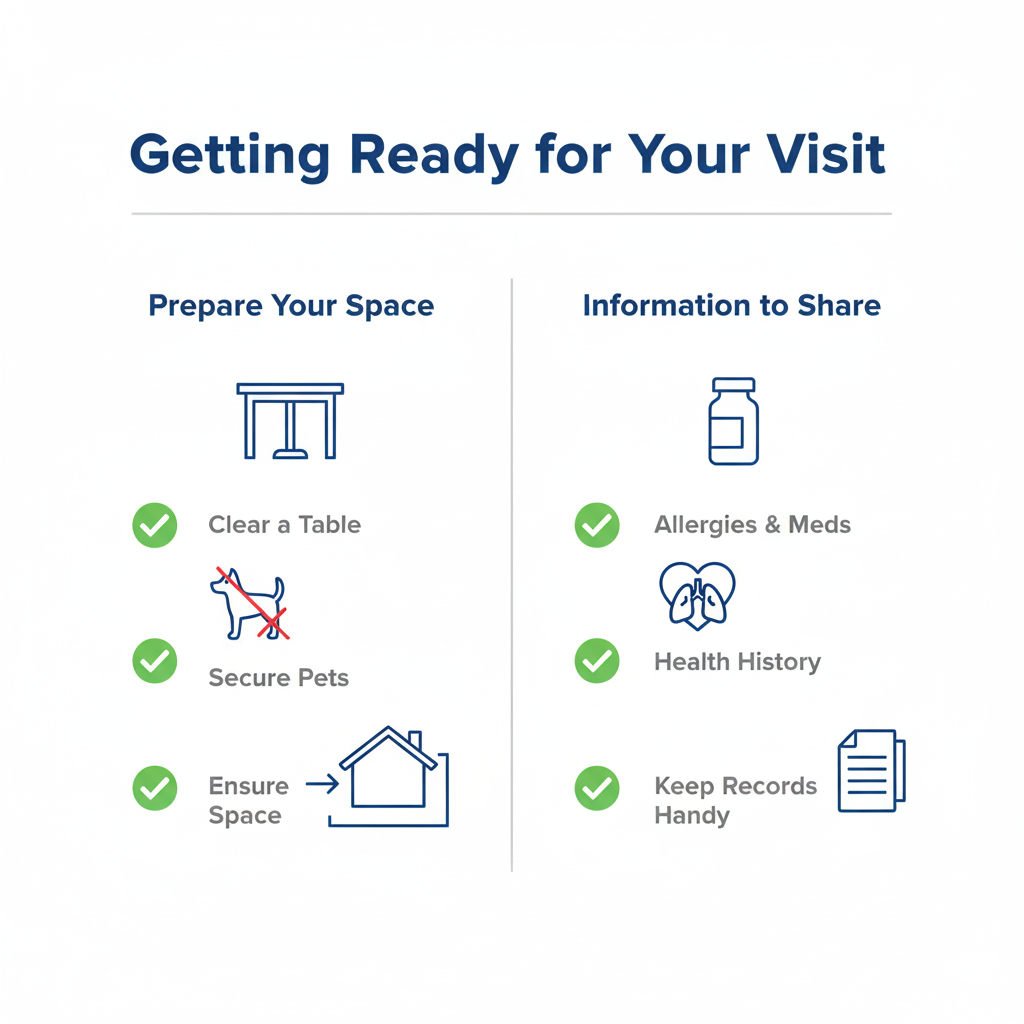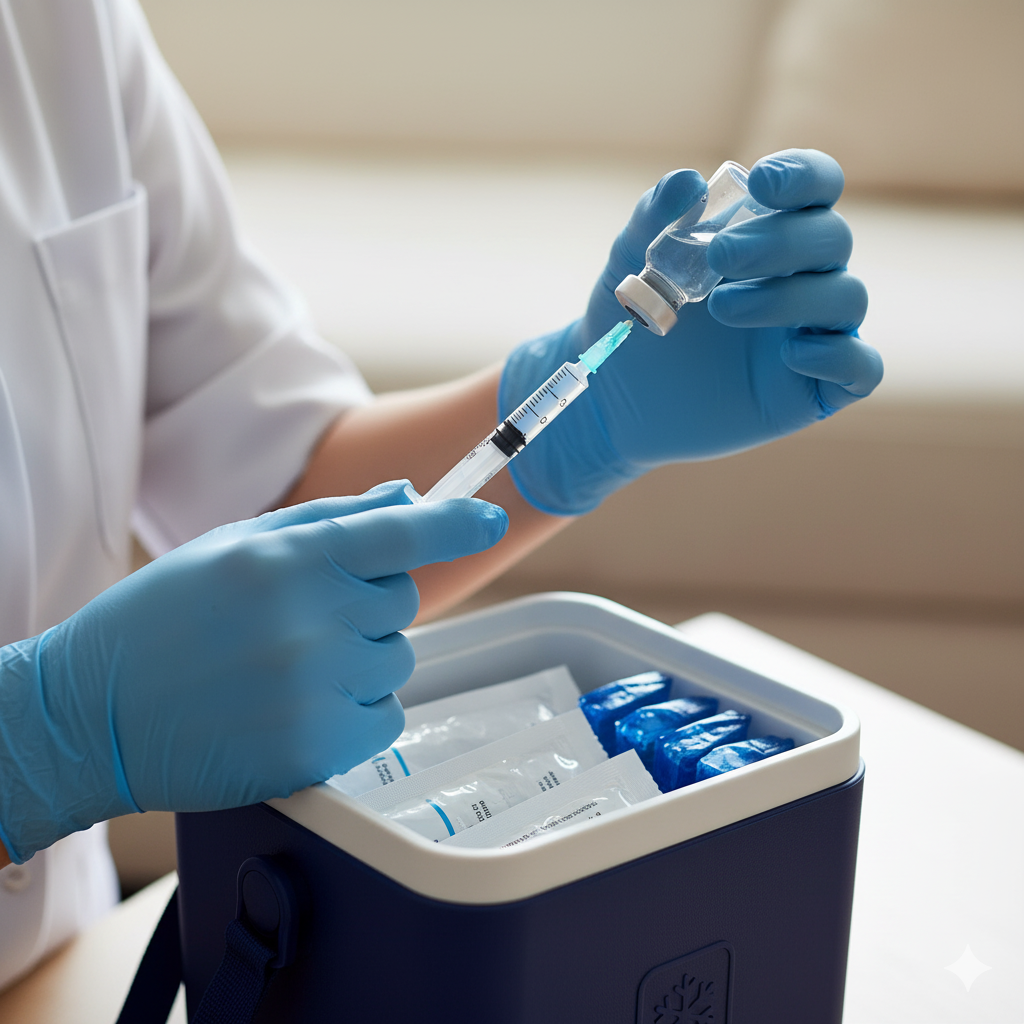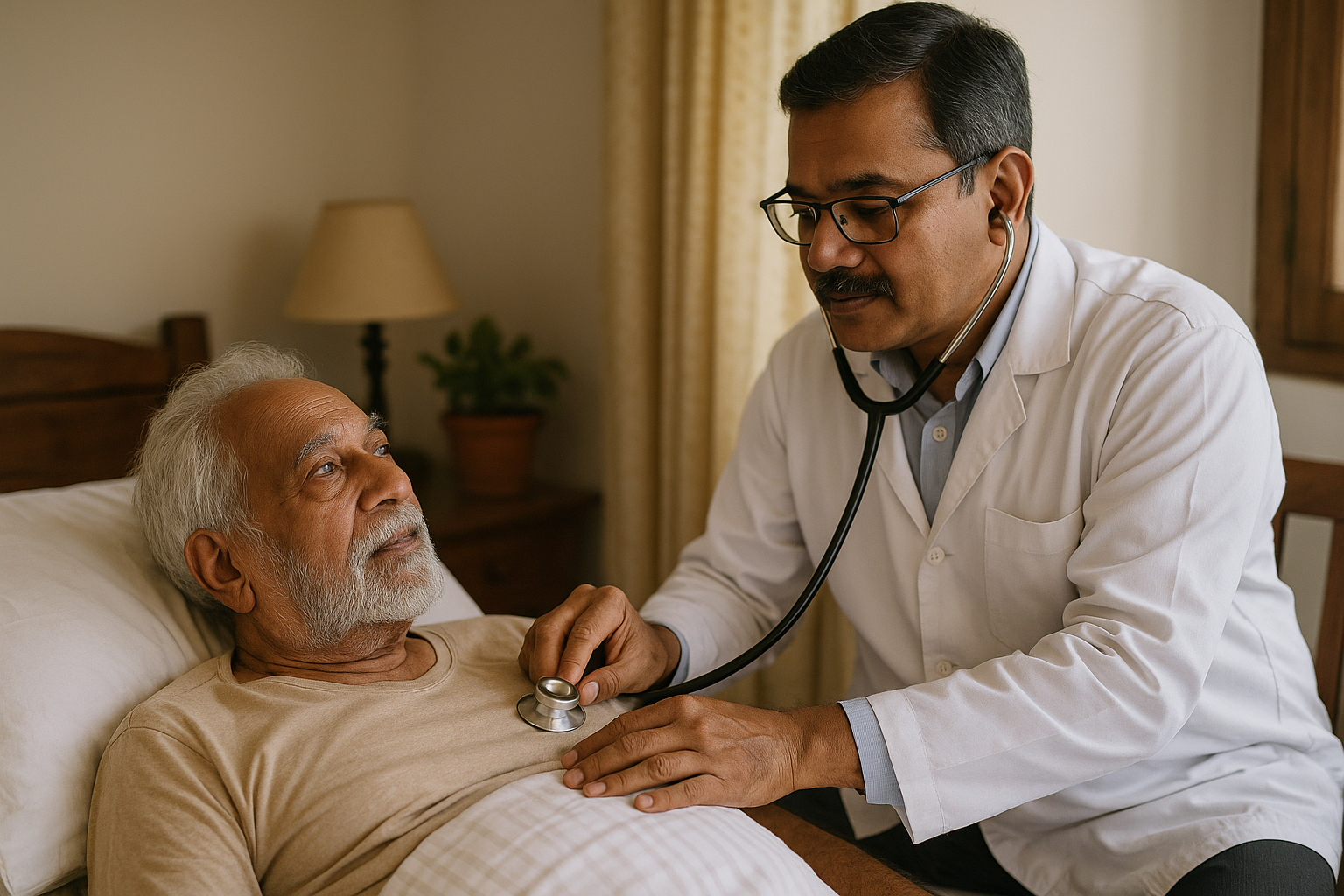Home vaccination services have made healthcare easier for families and individuals who want care at their doorstep. The main keyword here is How Home Vaccination Works: Booking, Procedure & Aftercare. Many people want to skip travel and waiting rooms. Now, getting vaccinated at home is safe and simple. This guide explains everything about booking your appointment, getting the vaccine, and handling aftercare with the support of Dr. Morepen Home. Every step is broken down so even first-time users feel prepared.
Understanding Home Vaccination Services
What Makes Home Vaccination Different?
Getting a vaccine at home means you get professional care without leaving your space. Nurses come to your door, bring the needed supplies, and use careful methods to keep things clean. The experience is quiet and focused on you.

Who Benefits Most from At-Home Vaccinations?
- Seniors or people who find it hard to travel
- Kids who get nervous in clinics
- Anyone looking for a flexible schedule
- Families wanting less contact with crowds and germs
Many customers say Dr. Morepen Home helps make health care less stressful.
Vaccines Commonly Offered for Home Visits
Some vaccines you can get at home are:
- Flu shots
- Chickenpox and measles vaccines
- Hepatitis vaccines
- Tdap for tetanus, diphtheria, and whooping cough
- Routine boosters for adults and kids

Safety and Hygiene Standards for At-Home Services
All nurses working with Dr. Morepen Home are certified and use clean tools. They follow a checklist for hygiene, and vaccines are kept cold until use. The room is set up to be safe, with everything wiped down before and after.
Myths and Misconceptions About Home Vaccination
Some people think at-home shots are risky. Actually, professionals use the same safety rules as clinics. Nearly all common vaccines are available and people of all ages can book them.

Booking Your Home Vaccination Appointment
Platforms and Providers for Easy Booking
Dr. Morepen Home lets you book through a phone call, website, or WhatsApp chat. The process is quick. You need only a few details about the patient and the type of vaccine wanted.
What Information Is Needed to Book?
You should share:
- Age, name, and location
- Health history and allergies
- Type of shot needed
- Preferred time and date
Prescription Requirements & Medical Eligibility
Some vaccines need a doctor’s note. The team will tell you if you need one. If you have health issues, they help you check eligibility.
Payment Options and Pricing Transparency
Prices for each vaccine are mentioned clearly on the booking portal. Most vaccines cost between ₹799 and ₹1200. You can pay by UPI, card, or cash. Some people book bundles for routine care.
Scheduling: How to Pick the Right Date and Time
Appointments can be booked in mornings or evenings, including weekends. Pick a time that works for you; no rushing through traffic or long waits.
Pre-Vaccination Preparation & Checklist
Preparing the Home Environment for Your Nurse’s Visit
Before the nurse arrives:
- Clear a table and some chairs
- Keep pets in another room
- Make sure the nurse has space to work

What Patients Should Disclose Before Vaccination
Tell the nurse about:
- Medicine allergies
- Heart, lung, or other long-term illnesses
- Any recent sickness or fever
- Past reactions to shots
This makes it safer for you.
How to Handle Medical History & Allergies
Write down important health facts, or keep records ready to show. If you’re unsure about allergies, mention this before the nurse starts.
Documents to Keep Ready: Consent, ID, and Prescriptions
Get your Aadhaar or another ID, your doctor’s note (if needed), and any forms the service asks for. It speeds up the check-in.
Tips for Reducing Anxiety in Children or Elderly
Reduce stress by:
- Using simple words to explain what’s happening
- Bringing a toy for children
- Staying close and calm
- Telling the nurse about any worries
The Step-by-Step Vaccination Procedure
Nurse Arrival and ID Verification
When the nurse arrives, they show their ID and check your booking details. This helps everyone feel safe.
Explaining the Process: Communication and Consent
You’ll hear exactly what will happen and why. The nurse gets your OK before continuing. Questions are welcome.
Vaccine Storage & Handling at Home
Vaccines are carried in coolers to keep them fresh. The nurse checks the label and prepares the shot right before you get it.

Sterility and Injection Protocols
The nurse wears gloves, washes hands, and cleans your skin. Only sterile needles are used. Every item is thrown away after use.
Real-Time Monitoring for Immediate Reactions
After you get the shot, you sit quietly for about 15 to 30 minutes. The nurse watches for any fast reactions, like swelling or feeling faint.
Documentation and Digital Records After Administration
Details about the vaccine, the date, and how you felt are written down. You get a record for future boosters or school forms.
Aftercare and Follow-Up
Immediate Post-vaccination Steps and Monitoring
Right after the shot:
- Stay seated for a short time
- Tell the nurse if you feel dizzy, sick, or have questions
- Get aftercare advice, plus emergency contacts
Managing Typical Side Effects (Soreness, Fever, Fatigue)
Most side effects are small. You might have a sore arm, feel tired, or get a mild fever. Try a cold cloth, drink water, and rest. Call if it lasts longer than expected.
What to Do in Case of Adverse Events
Rare problems are taken seriously. The nurse has medicine on hand and instructions for emergencies. If anything feels wrong, help is close by.
Digital Aftercare Guidance and Helpline Support
After your visit, you get a guide with health tips and a phone number for the helpline. You can call any time during the next few days.
Schedule and Importance of Booster Doses
Some vaccines need a follow-up shot, called a booster. The nurse explains when it’s due and why it helps keep you safe.
Ensuring Safety and Quality Assurance
How Providers Maintain Cold Chain Logistics
Vaccines need to stay in cold chains. Dr. Morepen Home uses special boxes and checks the temperature before administration.
Qualifications and Training of Home Care Nurses
All nurses have a license. They also get special lessons for giving shots at home and follow set safety rules.

Regulatory Guidelines for At-Home Medical Procedures
Shots are given according to national health laws. Everything is checked and cleaned by strict standards.
Infection Control Practices During Home Vaccination
The nurse cleans the space, tools, and hands before and after the service. The waste is dumped in sealed bags.
Emergency Protocols and Helpline Information
If there’s ever a problem, help is fast. Nurses know what to do, and you’ll have numbers to call if you ever need more help.
Frequently Asked Questions (FAQs)
1. Is home vaccination as safe as getting vaccinated in a hospital or clinic?
Yes. Licensed nurses follow the same medical protocols used in hospitals and clinics. Sterile needles, cold chain vaccine storage, and infection control practices ensure complete safety.
2. What vaccines can I get at home?
Common vaccines include flu shots, chickenpox, measles, hepatitis, Tdap (tetanus, diphtheria and pertussis), and routine boosters for both adults and children.
3. Do I need a doctor’s prescription before booking?
Some vaccines may require a prescription, especially for people with chronic conditions or first-time doses. The service team guides you on whether or not a prescription is needed.
4. How do I prepare my home before the nurse arrives?
Keep a table and chair ready, ensure good lighting, and clear the space. Pets should be moved to another room for safety.
5. What information should I provide while booking?
You’ll need to share the patient’s name, age, health history, allergies, type of vaccine required, and your preferred slot.
.png)



.png)
.png)
.png)
.png)
.png)
.png)
.png)

.png)
.png)
.png)

.png)
.png)
.png)
.png)
.png)
.png)

.png)
.png)

.png)
.png)
.png)

.png)

.png)


.png)







